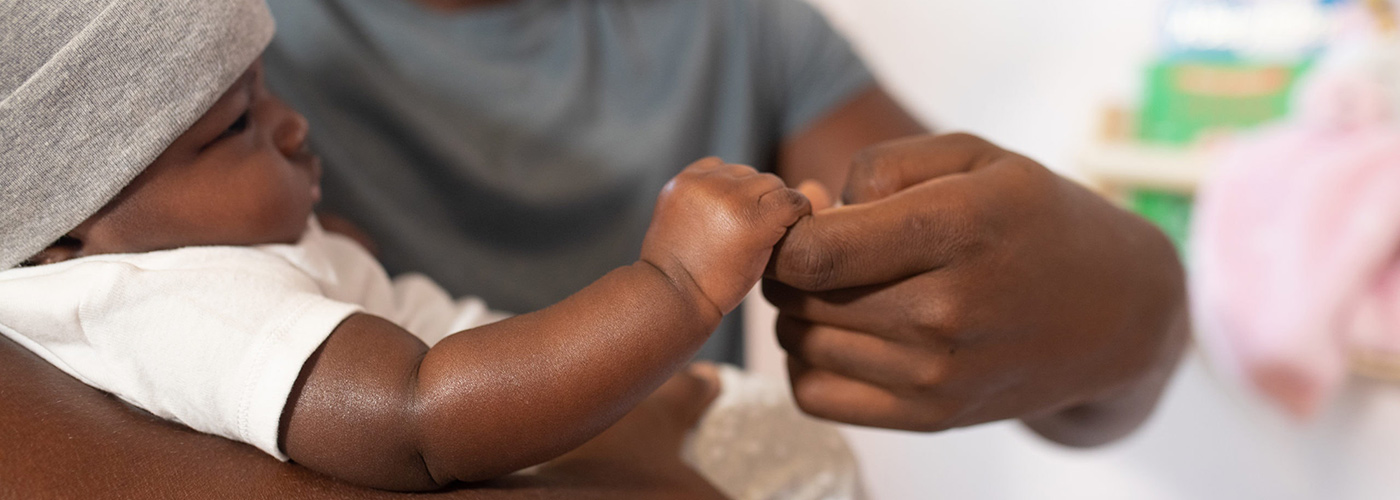Chatter is priceless – it’s never too soon!
Date 11 May 2023
Dr Tanya Richardson, Senior Lecturer in Early Years, shares her thoughts on the importance of conversation with young children

I have been reflecting on the importance of chatter. Most of us love a good chat, whether it’ll be with our family, our friends, our work colleagues or even a stranger in the street or local supermarket.
I’m sat at the coffee shop writing this blog and I can hear chatter going on all around me. This makes me realise that conversations are the life blood of our society, and which keep us all connected either in real face to face situations or in the virtual world.
Obviously, some people have difficulties with communicating and this should not go unrecognised as this can make life tricky for those concerned. Have you ever lost your voice? How frustrating is it when you cannot make yourself understood or convey how you are feeling?
For those who have difficulties with communication, be it permanent or short term, they tend to find alternative means of expressing themselves and conveying what they need to and manage to cope as needed. Conversations, therefore, can be so much more than the spoken word.
So how does this all factor in the lives of babies and young children? We know that the first 1001 days of a child’s life (from conception to the age of 2) are the critical period in a child’s development – the same goes for communication and conversation. A child in the womb can hear their mother’s voice and will start to become familiar with the sounds of speech.
And then when they are born, there will be chatter happening in the world around them. And the more chatter the better! It is through hearing others that children learn a range of vocabulary, they learn pragmatics (the social skills required in holding a conversation such as turn taking) and they learn phonology (how to put words together to make a sentence).
When should we start holding conversations with babies and young children? Immediately!
I’ve heard some say that there is no point in talking to a baby as they can’t talk back – this is not the case! They may not talk back in the conventional way that we are used to, but they will make eye contact, they will smile (or cry if they don’t like what you are saying!!), they will wave their arms around, they may well start to make noises. All these things are a baby’s way of communicating with you.
Hearing your voice all the time means they are learning. So, chat away to young children as much as you can. Tell them what you are doing when you are loading the dishwasher, when you are folding the washing, making the dinner. Chat about everything step by step as you do them and imagine the vocabulary that your child will be hearing and learning!
And can children learn in just the same way from the TV or from apps? The short answer to that is no. They get much more from the human interaction and the nuances that come with that.
Research has been undertaken that compares children learning Mandarin from a DVD and from a real human, and 9-month-olds showing significant understanding when learning from an adult, compared to no understanding from the DVD approach. This indicates that, there really is no substitute for real live chatter.
So, why not go out of your way to talk to babies and young children – chatter really does matter!
